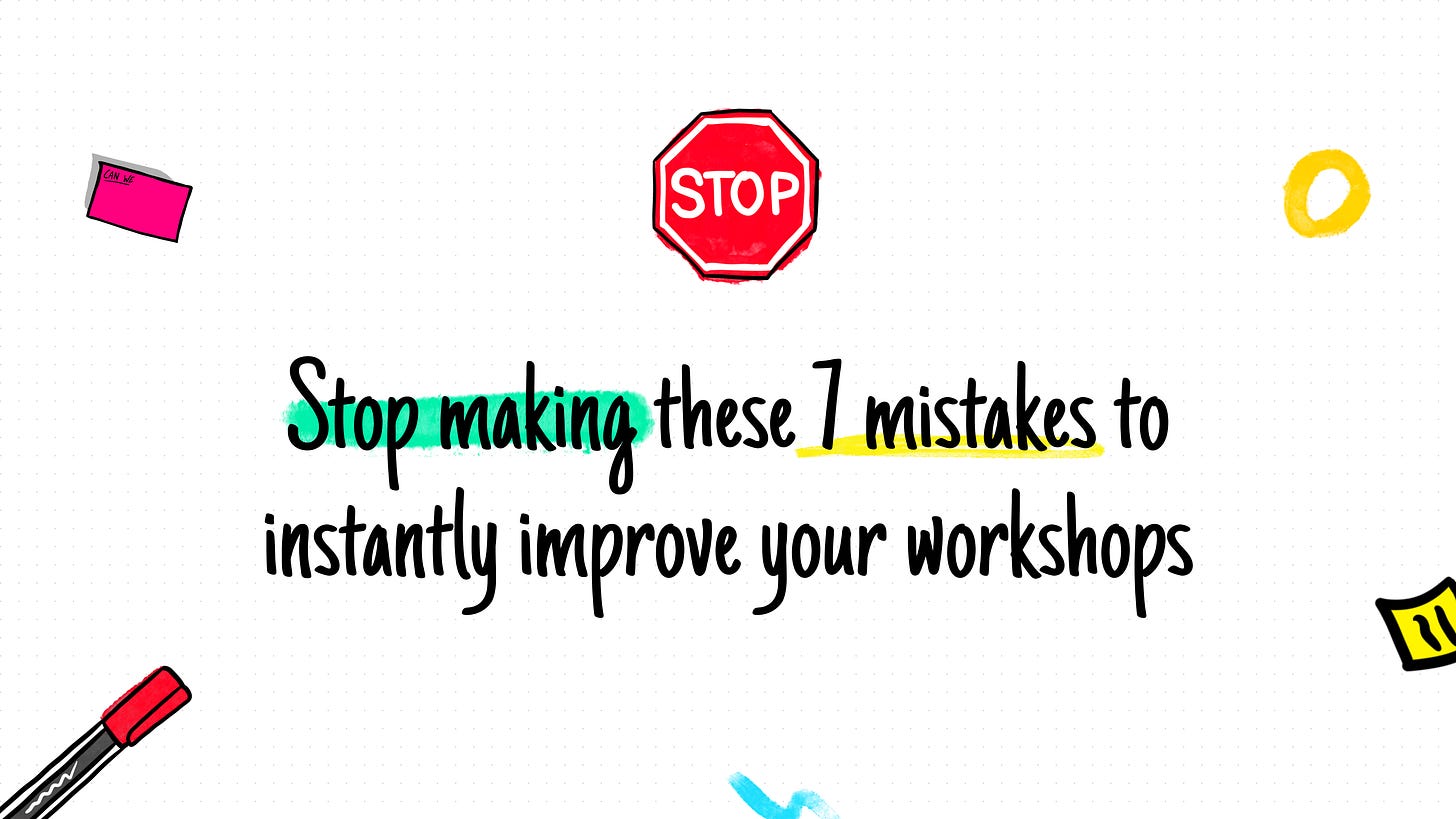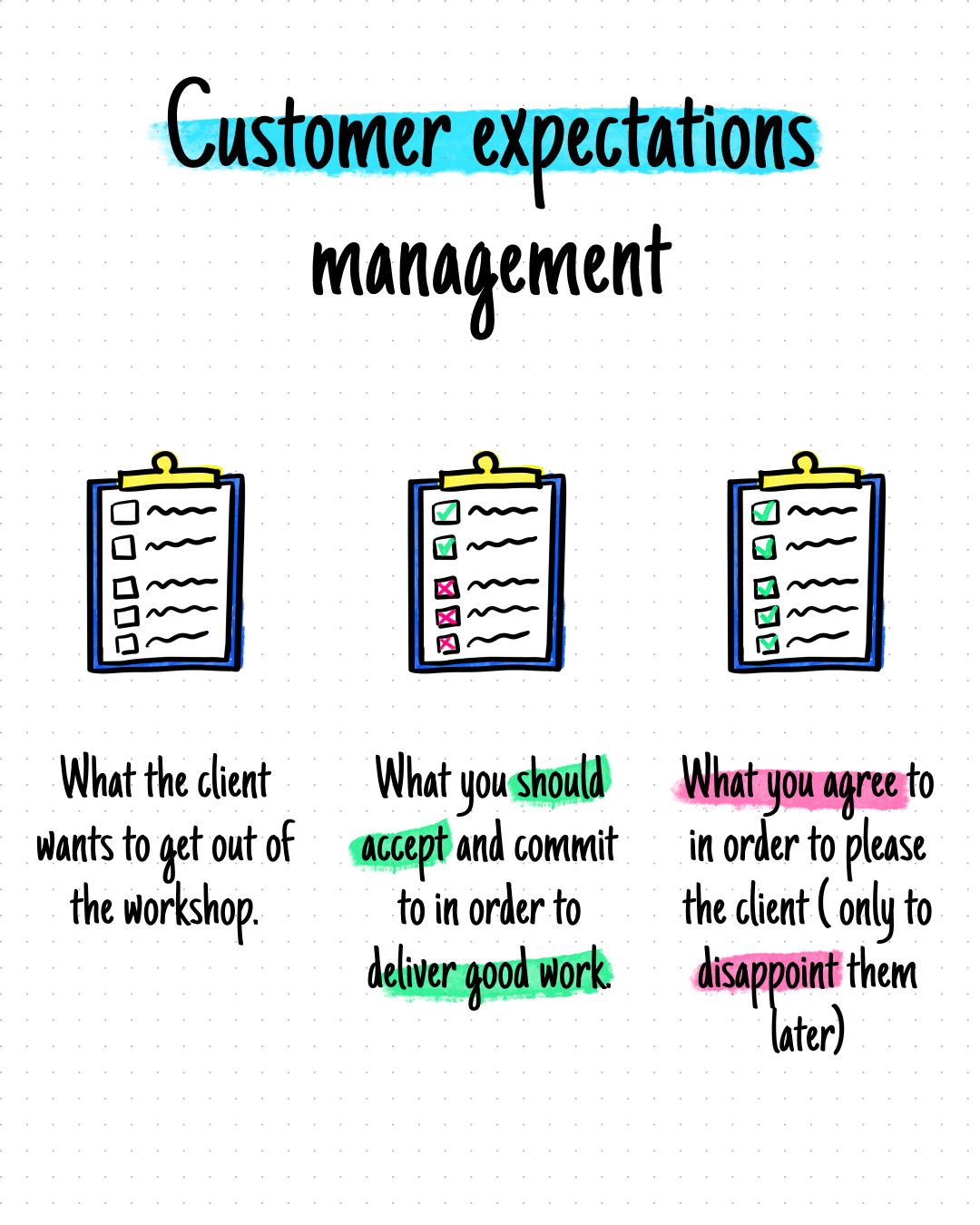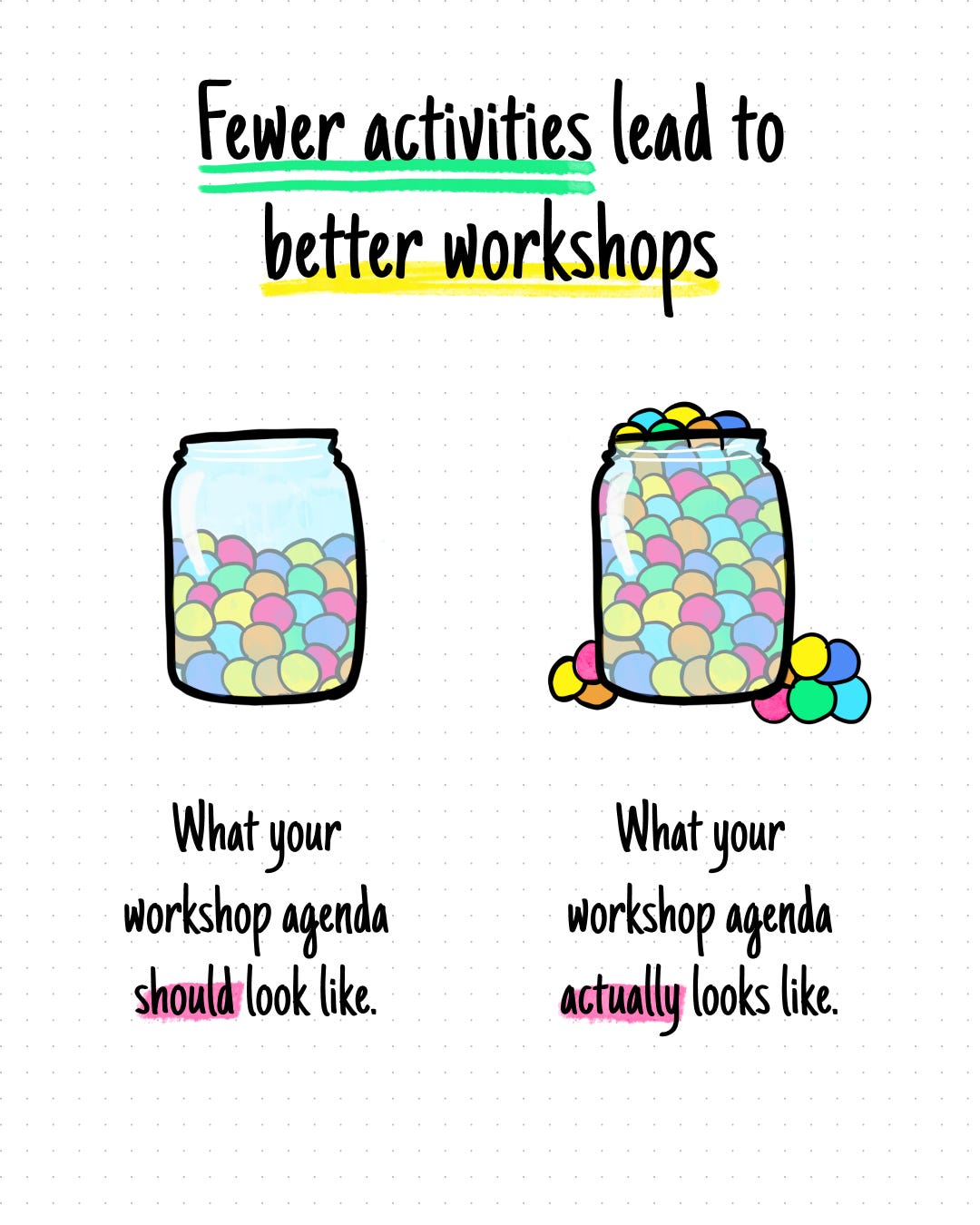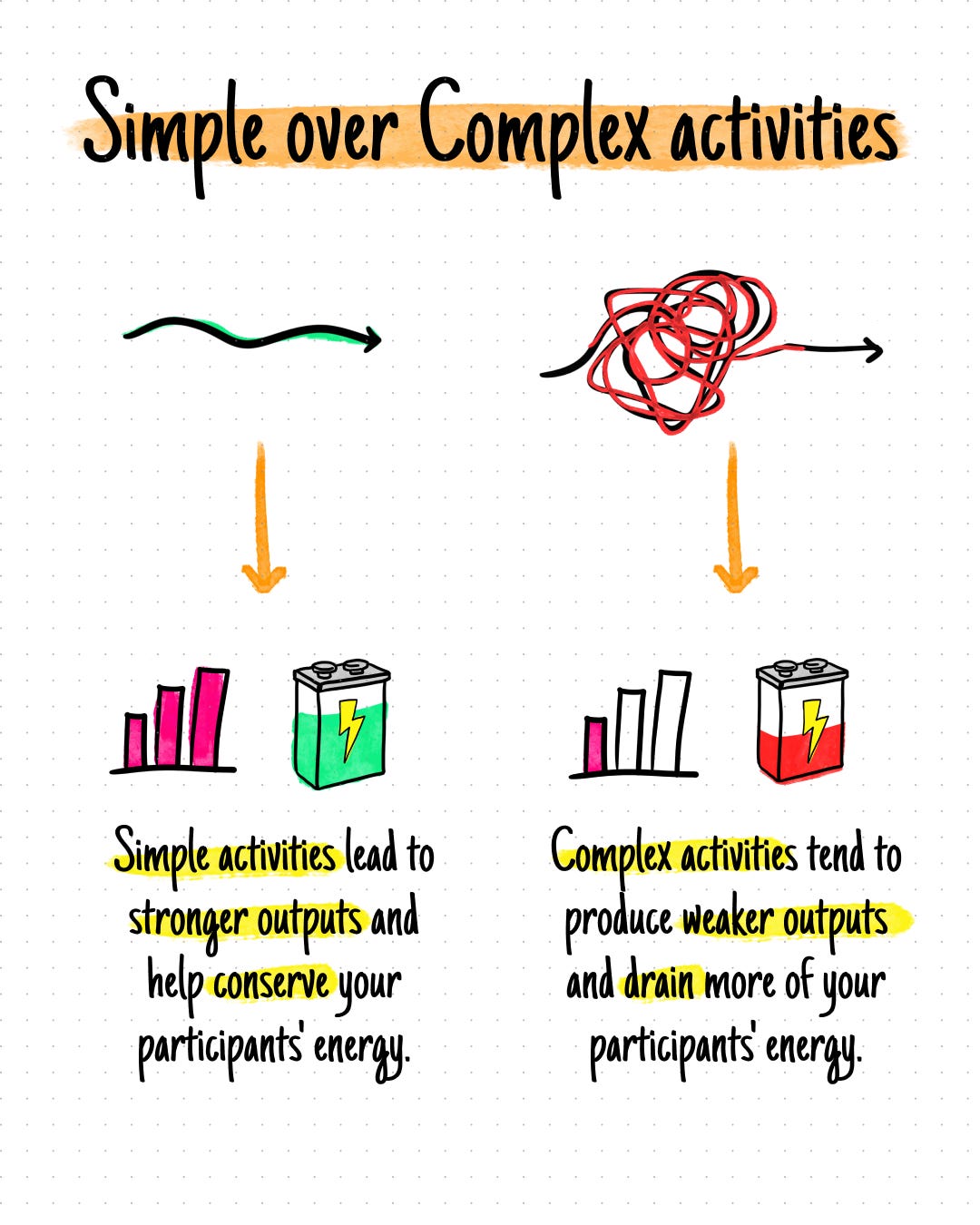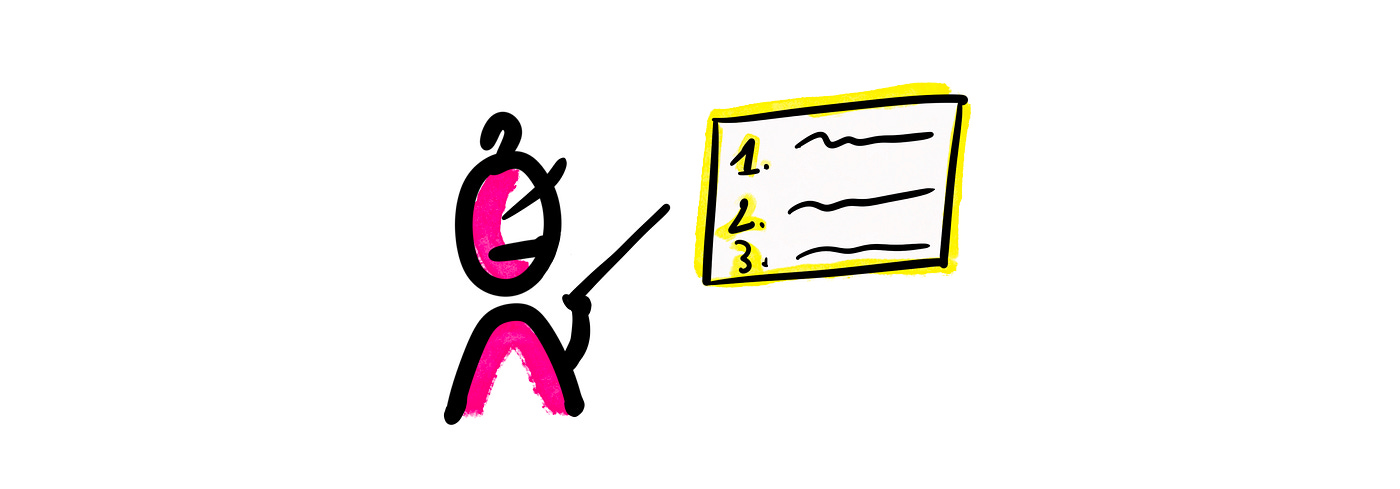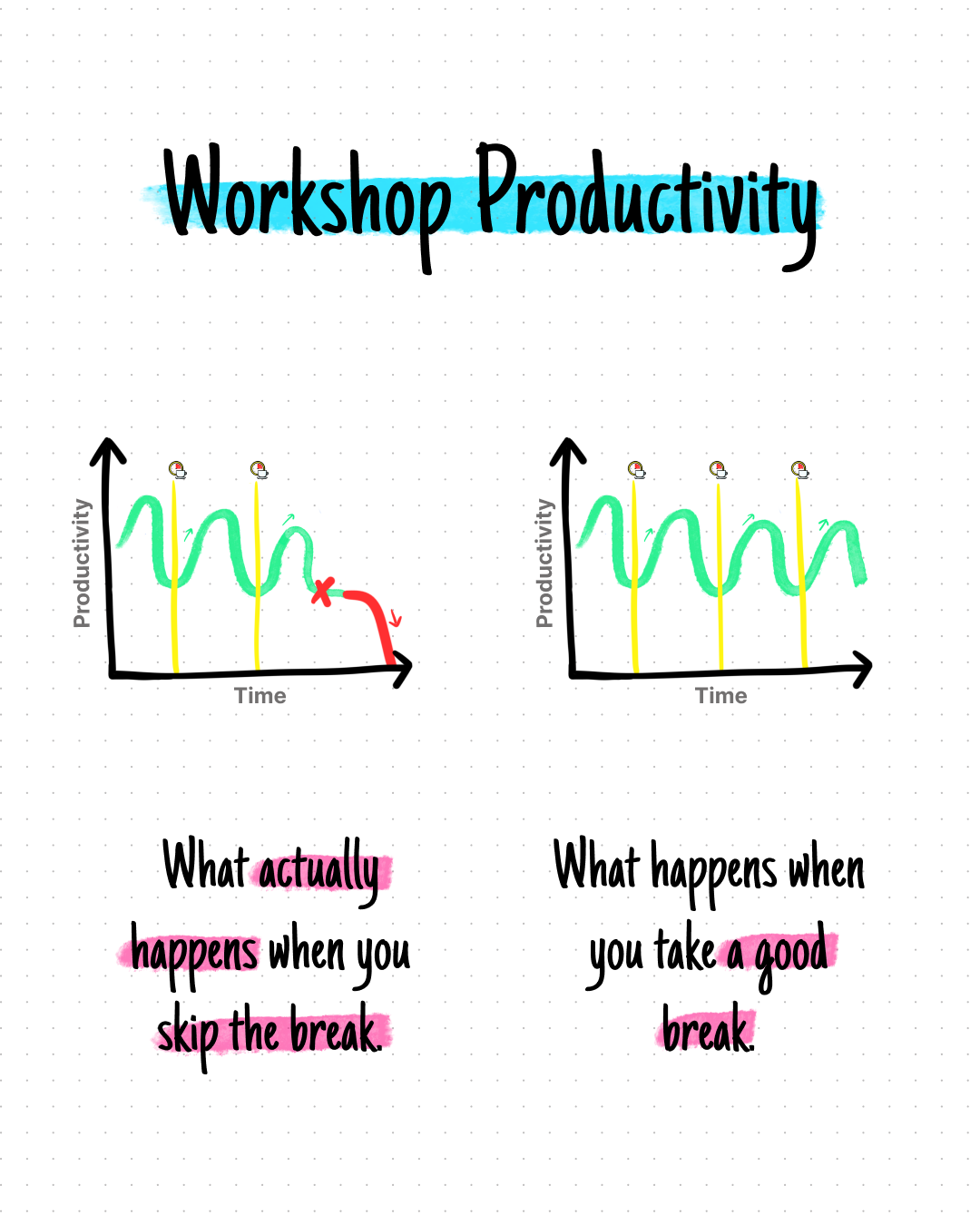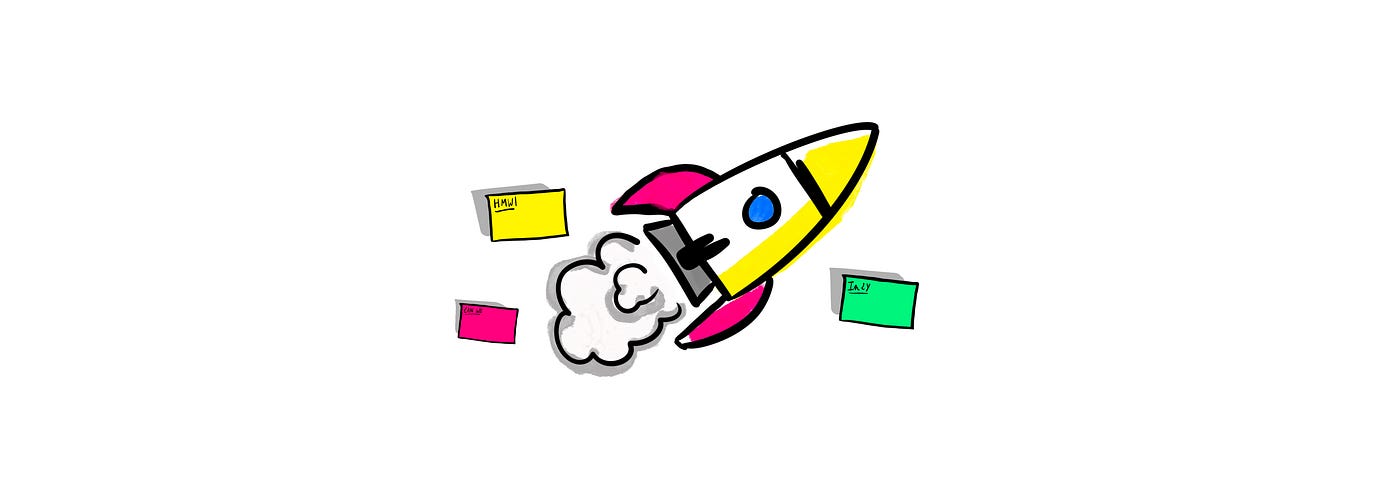7 Things to Stop Doing If You Want to Be a Better Facilitator
What to stop doing if you want your workshops to stand out
Learning isn’t just about knowing what to do, it’s also about knowing what not to do.
In today’s newsletter, I’m sharing 7 mistakes that quietly sabotage your workshops.
Avoid these, and you’ll create sessions people love, deserve and keep coming back for.
1. Manage expectations and dare to say NO !
We’ve all been in that meeting where a client’s workshop wish list is… optimistic.
Saying yes to everything might feel tempting because you don’t want to miss out this opportunity but trust me, you don’t want to find yourself in that situation.
There is wisdom in saying no. It not only highlights your expertise but also earns you the client’s respect. It shows you’re there to guide, not just execute. Great facilitators don’t just take orders, they help clients find the best path forward.
2. Don’t overload your workshop !
I get it, we all want our workshops to shine, featuring those fancy exercises from the Miroverse but don’t fall into the trap of packing the workshop with too many exercises and underestimating the time they demand.
Remember, explaining each exercise consumes participants’ mental energy and eats into the time available for action.
So, limit the number of exercises.
3. Keep it simple
Again, forget about those fancy exercises.
From experience, simpler exercises almost always work better. Complex ones create confusion, drain mental energy, and distract from the goal.
So, aim to simplify wherever possible.
Your job as a facilitator is to make things easy so participants can save their energy for solving the real challenge.
To deliver great outcomes, instructions must be crystal clear. The simpler they are, the easier your job becomes, and the bigger the impact on the quality of the results.
4. Set-up the stage properly
Setting up the stage is a key ingredient for a successful workshop. Even if time is limited, don’t rush it.
Keep in mind that for many participants, this could be their “real” first workshop. It might differ from what they’ve experienced before, so it’s vital to convey its purpose, the principles they’ll follow, and lay out the agenda.
Investing time at the start will pay off in the end.
5. Never skip breaks !
I know the feeling, falling behind schedule might make you consider skipping or shortening the break. But trust me, that’s a decision you’ll regret.
People need that breather to recharge. And you can use that break to adapt the workshop with the time you have left.
So, stick with the break to avoid losing your audience.
Oh, and please no “5 minutes break”.
6. Read the room
A common mistake I see with less experienced facilitators is sticking too rigidly to the plan instead of responding to the room. Pay attention to participants’ expressions and body language. Make sure they understand the activity and why they’re doing it.
If they’re tired, give them a break or run a quick energizer. If they look confused, explain the activity in a different way or give an example.
7. Even if you doubt, don’t show it !
Sometimes you might doubt part of the workshop you’ve designed.
When that happens, stay calm and keep a poker face. If you’ve chosen a certain activity or plan, commit to it and sell it with confidence. Trust yourself, it will usually work out.
If you see it’s heading in the wrong direction, you can always adapt, but avoid showing doubt to participants.
Projecting calm control prevents unnecessary suggestions and keeps your authority as the facilitator intact.
Avoid these mistakes, and you’ll instantly stand out as a facilitator.
Alex Hormozi defines learning as “same condition, different behavior”, meaning real learning happens when you face the same situation again but respond differently than you did before.
From my experience, it’s much easier to learn from the mistakes you make yourself than from the ones you only read about or watch in a video. That’s why I can only recommend you to go run your own workshops.
Try new things. Experiment. Mess up.
Because the lessons you learn from your own mistakes?
Those are the ones you’ll never forget.
One last thing
I’ve been putting a lot of work into my YouTube channel and I’m about to double down even more. It would mean the world to me if you subscribed, left a comment, or shared it with someone who might love it.
For more content on facilitation, feel free to subscribe !
I regularly write about workshop facilitation and how it can help your team solve big problems, generate new ideas and make the right decision faster.





